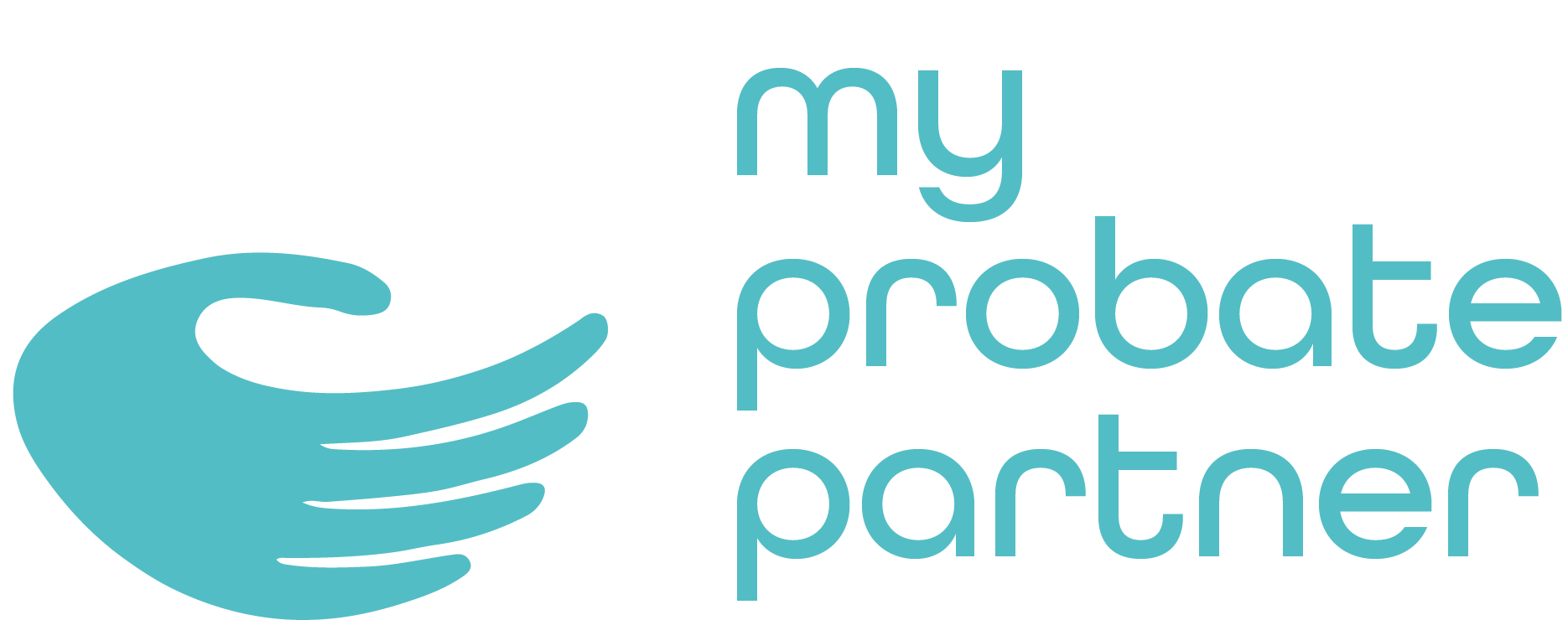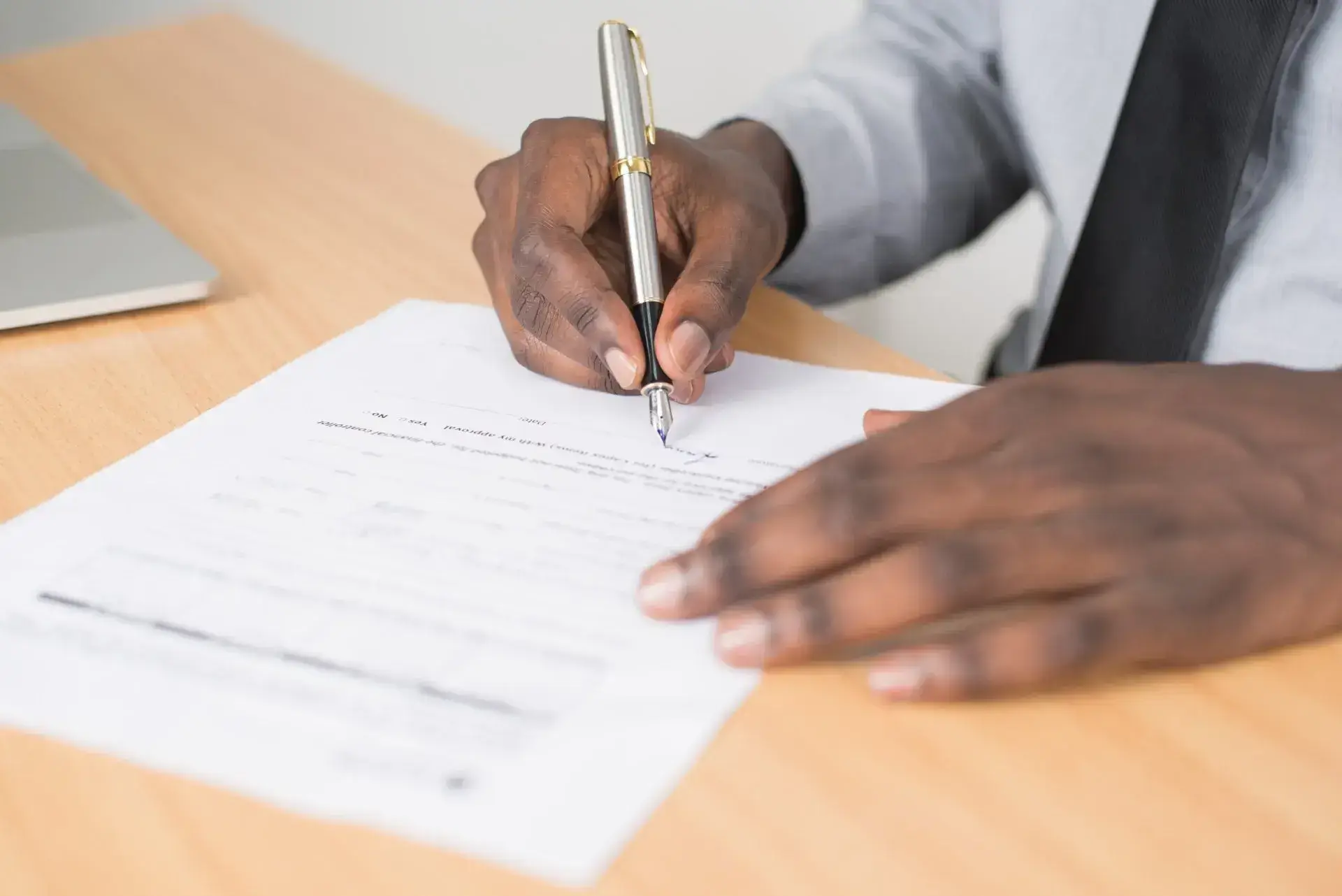How do I manage the probate process?
Get Organised
As an executor, you will need to collect the assets, pay any debts, and then distribute anything that’s left over to the right people.
The first step you will need to take is to contact any organisations that the person who died had a financial relationship with.
To do this, you’ll need to look for statements and bills, and perhaps look through internet bookmarks to start compiling a list if they haven’t left one.
At this stage, it is a good idea to check that all property and vehicles are insured. If the insurance policy has their name on it, it might not be valid anymore.
Notifying Organisations
There are two useful services you can use to notify multiple organisations about the death:
- The government’s “Tell Us Once” service will notify multiple government agencies. Often the local registrar where you registered the death will do this for you.
- Settld offers a notification service for financial organisations. You can manage all the communication with the companies from one dashboard.
Don’t forget to contact pension providers, insurance companies, utilities, and any companies they had subscriptions or contracts with.
You will have to keep things like
home insurance and energy services running until you deal with any property. But it’s still worth notifying them, especially if the property will be empty for a period of time as this could invalidate the insurance. Keep in mind that you cannot sell/transfer or rent out a deceased person’s property until you have obtained the official probate paperwork .
If any joint contracts are in place and you don’t want to continue them, be reasonably forceful that you want to close them and the company will usually comply. But, depending on the type of contract, the estate may need to pay off any remaining balances.
Assets Freeze
Bear in mind that by contacting asset holders - like banks - all accounts will be frozen unless they are joint accounts. If the account is frozen, direct debits and standing orders will also be cancelled. Make sure you have other arrangements in place in case you need payments to continue.
Keep notes on what you are doing and make sure you keep receipts for any expenses (e.g. probate fees or essential travel) as these can be claimed back from the estate at a later date.
Physical Items (property, vehicles, jewellery etc.)
You will need to value any property and its contents. You can estimate this yourself if there isn’t any inheritance tax to pay. Estimates should be based on the value you would expect it to sell for now. If they only had usual things (i.e. not of any particular value) don't worry about listing every single item - just go with a nominal amount.
You may wish to have any valuable items, like jewellery or antiques, professionally valued, perhaps by a local auctioneer. You can obtain a quick online valuation of a car at
webuyanycar.com, although a local garage may offer more.
Debts
Debts are not passed on, but they must be settled by the estate before any inheritance is distributed. You’ll also need to recover any debts owed to the deceased.
There is no formal notice period for creditors in Scotland, but it is good practice to follow the '6-month rule'. Basically, creditors have 6 months to lodge a claim against the estate that the executor would be responsible for. After the 6 months, the creditors would have to pursue the beneficiaries. If the executors and the beneficiaries are the same people then this is irrelevant.
If you are concerned an estate may be insolvent (owes more than it has in assets), it is recommended to seek legal advice to make sure the debts are paid in the correct order.
List the Assets
You need to make a list of the deceased’s assets and the corresponding date of death values. This includes their share of any properties and joint accounts.
If the entire estate is not passing to a spouse or charity and the gross value is over £325,000 (or over £650,000 if the deceased inherited their spouse's entire estate), then there may be inheritance tax to pay. If the home is left to children or grandchildren,
the thresholds increase.
Most banks will release funds directly to HMRC to pay any inheritance tax due. However, if the bulk of the estate is made up of things you need to sell, rather than cash in bank accounts, it is possible to arrange a payment schedule with HMRC.
Applying for Probate ('Confirmation' in Scotland)
Not all estates require Confirmation. It is only required if a company asks to see it or to deal with a property in some cases. If the assets total less than £36,000, the local Sheriff Court will help you free of charge.
When you are sure you have got a full and accurate list of assets and debts, you’ll be ready to apply for Confirmation.
Find out how you should apply and get a free quote.
Deal with Assets & Debts
Confirmation gives you the authority to ingather, sell or transfer assets. You won’t need it to deal with debts.
Property can be dealt with in two ways. You can either sell it and add the money to the pot to be shared out, or you can transfer the title into the names of one or more people.
In
England & Wales, you can do a transfer yourself with the
HM Land Registry if the title is registered. If the title is not registered then you should contact a solicitor.
In Scotland or NI it is strongly recommended that a solicitor is involved.
Finalise the Estate
When all the money has been collected, all the debts paid, and any property or other assets dealt with, you will need to pay any income tax or capital gains tax that is due. There may also be
inheritance tax due to or by HMRC if the value of the assets has changed.
When all taxes have been paid, your final job is to make a full accounting of everything and pass this, along with any money left over, to the beneficiaries named in the Will. If there is no Will, then the law dictates who inherits. This is officially called the ‘rules of intestacy’.
It’s a good idea to hold onto all documentation. HMRC recommends keeping estate records for 12 years, but there have been cases where documents have proved useful 40 years later.
How we can help
The confirmation process in Scotland is very poorly designed. The official guidance is ambiguous and missing key components. This means that, although you may feel like you have followed all the instructions, it is almost certain you will be rejected with no explanation of why.
Furthermore, different Sheriff Courts have different standards, resulting in rejection rates over 95% for personal applications in some places.
This is why we created our Probate Support Service. It has everything you need to prepare and successfully apply for confirmation/probate. Our service provides you with clear, step-by-step instructions written in plain English. We also check your forms for errors before you submit them.
We have helped hundreds of executors to get their applications through every Sheriff Court in Scotland. We have a 100% success rate for all our checked forms and
100% 5-star reviews on Trustpilot.




